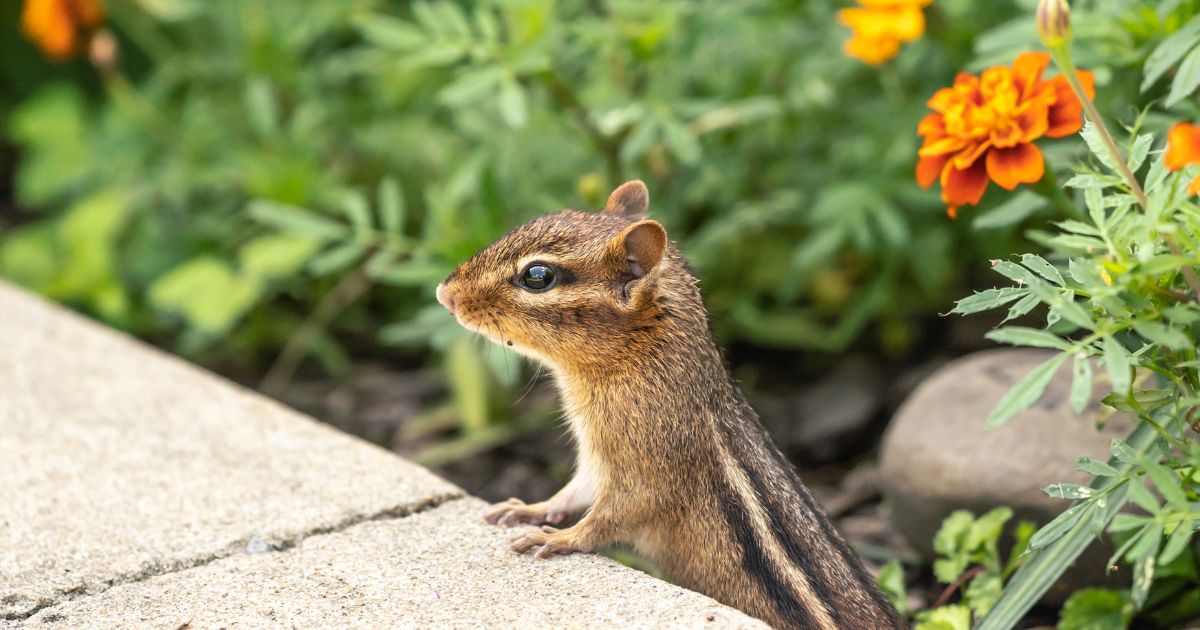Chipmunks, those small, striped rodents, might seem adorable at first glance, but they can cause significant damage to gardens, homes, and landscapes.
In this blog post, we’ll explore why these creatures are wreaking havoc and how you can effectively manage their impact.
Understanding Chipmunk Behavior
Chipmunks are naturally inclined to dig and burrow, which can lead to the destruction of gardens and the undermining of foundations. Understanding their behavior is essential to managing their impact.
Recognizing Chipmunk Damage
Signs of chipmunk damage include small burrows, uprooted plants, and chewed garden produce. Recognizing these signs early can help prevent extensive damage.
Preventing Chipmunk Invasion
To prevent chipmunks from invading, use barriers like fencing and netting. Keeping gardens tidy and removing food sources will also deter them.
Humane Chipmunk Control Methods
Use humane traps to capture chipmunks without harming them. Relocating them far from residential areas is a responsible way to control their population.
Long-term Chipmunk Management
Implement long-term management strategies such as planting chipmunk-repelling plants and maintaining garden cleanliness to keep chipmunks away for good.





